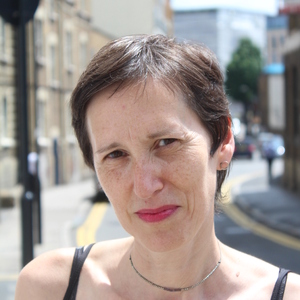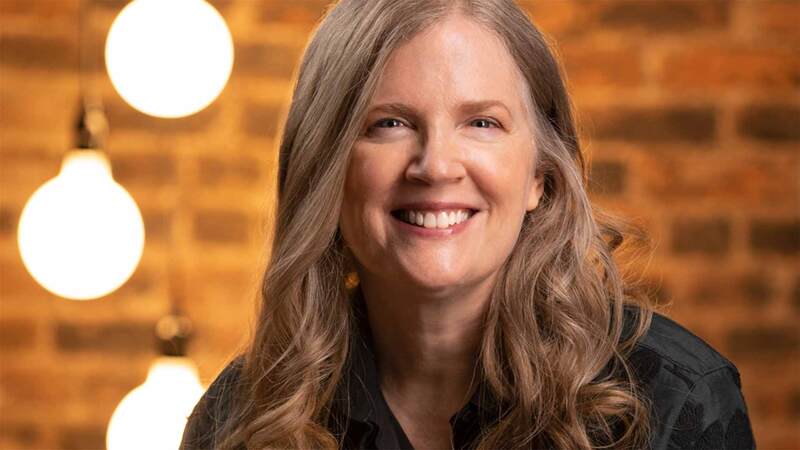You are viewing your 1 free article this month. Login to read more articles.
Resisting censorship
Last month, 58 writers, journalists and artists signed a letter in the Sunday Times in support of JK Rowling, condemning the ‘onslaught of abuse’ she has received regarding her views on sex, gender and trans rights. Signatories included Tom Stoppard, Ian McEwan and Lionel Shriver. Three days later, more than 200 writers, agents, editors and publishers published a statement in support of trans and non-binary people and their rights in a message of ‘love and solidarity’. Signatories included Jeanette Winterson, Malorie Blackman and Nikesh Shukla. The worrying implication in the timing of their statement appears to be that any public support for JK Rowling is perceived to be an attack on the transgender community. The magazine Mslexia dropped the author Amanda Craig as a competition judge following her signing the Sunday Times letter, because of views ‘that threaten to undermine Mslexia’s climate of welcome and inclusivity’.
All writers and publishers should be speaking out in support of JK Rowling, no matter where they stand on the transgender issue: whether they believe like Jeanette Winterson and fellow signatories that ‘transwomen are women’ or, like JK Rowling, that ‘if sex isn’t real, the lived reality of women globally is erased’. The treatment of Rowling is an attempt to censor, by intimidation as well as by discrediting her opinions as hate speech and discrimination. While it may not, fortunately, be possible to silence one of the most successful writers in the world, there are others whose livelihoods are at risk for daring to voice similar views. Anyone in the business of publishing or writing should defend Rowling’s right to express her opinions in support of the principle of freedom of expression. It is the principle that enables every writer and publisher who signed the statement in support of the trans and non-binary community to do their work - and also to sign such a statement.
We are currently witnessing a dangerous flight from that principle. It is group rights that now trump a precious universal right. The idea of tolerating views that you may disagree with or find offensive has been abandoned. That act of toleration, however uncomfortable, is essential for safeguarding an open society where ideas can be freely expressed, challenged and tested. Freedom of expression has always been one of the most vulnerable of all human rights, partly because it is not absolute, and it has taken decades to push the boundaries, often through the creativity and courage of writers, artists and publishers.
The current trend towards conformity risks creating a bland and fearful culture, and we can already see the damage: from the cancelling of the Philip Guston exhibition last month by four museums, including Tate Modern, to Hachette’s decision to drop Woody Allen’s memoir earlier this year. All these institutions, no doubt, will consider their decisions to be enlightened, wishing not to cause offence to vulnerable groups. But the right to freedom of expression includes the protection of speech that may offend, shock or disturb. If you close it down, then you also limit the ability of minorities to speak out.
The last time writers engaged in a similar face off followed the shocking murders at the Charlie Hebdo offices in Paris more than five years ago. A group of authors, including Peter Carey and Michael Ondaatje, withdrew from PEN America’s gala in protest at the organisation’s decision to honour Charlie Hebdo. PEN stated that the writers were upset by the publication’s portrayals of Muslims and ‘the disenfranchised generally’. As PEN’s then president Andrew Solomon responded at the time: ‘We do not believe that any of us must endorse the contents of Charlie Hebdo’s cartoons in order to affirm the principles for which they stand.’ You do not, in other words, have to agree with JK Rowling, or with anyone else’s views, to defend their right to speak. Your own right to speak depends on it in fact.
As one of the most famous authors in the world, the furore over JK Rowling’s views on sex and gender have attracted, and continue to attract, the most attention. But variations of this toxic row are being played out in journalism, publishing, the arts, academia and in the workplace more widely. Censorship, once the barometer of a repressive society, is becoming more highly prized than free speech itself. And we should all be worried.
Jo Glanville is former director of English PEN and was an award-winning editor of Index on Censorship. She is editing a book on antisemitism, published by Short Books in May.















